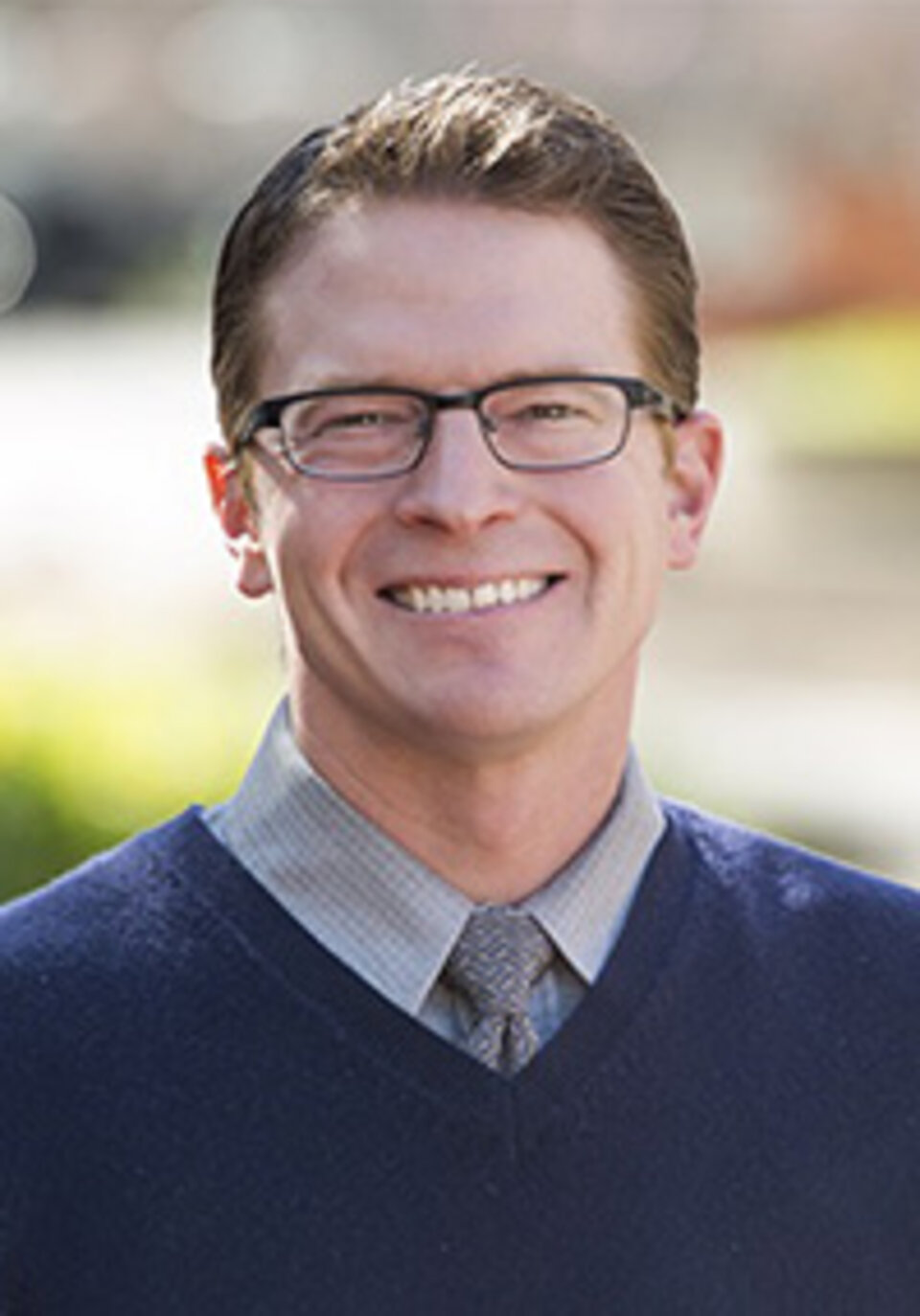
Considering Class: Colorado’s Affirmative Action Experiment
September 29, 2020 (Tuesday)
Abstract
In 2008, Colorado and Nebraska voted on amendments that sought to end race-based affirmative action. In anticipation of the vote, the University of Colorado Boulder (CU) explored statistical approaches to support class-based (i.e., socioeconomic) affirmative action. This presentation introduces CU’s method of identifying socioeconomically disadvantaged and overachieving applicants.
Two experiments were carried out to determine whether implementing this approach would change the racial and socioeconomic diversity of accepted classes. The experiments suggest class-based affirmative action can potentially increase acceptance rates for low-SES and minority applicants – particularly if it is used alongside race-conscious admissions. Moreover, historical student records were examined to explore the likelihood of college success for the beneficiaries of CU’s class-based approach. Historical data do not rule out the possibility of college success for the beneficiaries of class-conscious admissions, but they do argue for the provision of robust academic support to economically disadvantaged students when they matriculate.
Bio
Matthew Gaertner is Director of Research in WestEd’s Standards, Assessment, and Accountability Services (SAAS) program in San Francisco, California, where he provides overall leadership for SAAS research and development efforts. He provides expertise and technical assistance in key areas, including statistical methods, psychometrics, standard setting, alignment studies, and experimental design. Gaertner’s research focuses on college and career readiness, and the effects of educational policies on access, persistence, achievement, and labor market outcomes for disadvantaged learners. A psychometrician by training, Gaertner’s methodological expertise includes Item Response Theory, multilevel models, and categorical data analysis. He has authored an edited book on college and career readiness through the National Council on Measurement in Education (Preparing Students for College and Careers: Theory, Measurement, and Educational Practice). Gaertner has extensive experience working with practitioners to apply statistical and psychometric methods to address pressing, practical concerns. Prior to joining WestEd, Gaertner held research positions at SRI International, Pearson, and American Institutes for Research.